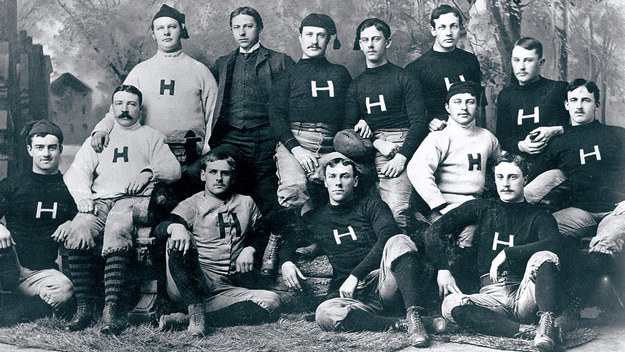Now it is all about the city schools. Detroit Public Schools has had more than its share of problems over the years. And as the lawmakers in Lansing debate the terms of a bail out, tales of corruption have been bubbling to the top. The big one these days is about the principals who received kick backs from allowing bills from fake purchases to be paid by the district. If you aren't familiar with the story, several principals took payments from a supplier. The supplier billed the district for materials that were never delivered, and the principals gave the approval. Which leaves me with the frustrated question, "Who does this sort of thing?"

I work at a public school and it seems that there is never quite enough money. There is a perpetual balancing of priorities. There is never enough to do it all. And because I'm sure it is the same everywhere, I just can't wrap my head around the actions of these principals. And we aren't talking about a supplier taking the principals out for a nice dinner to schmooze a bit. We are talking about made up bills and money funneled through checks to third parties to cover their tracks.
The school needs a host of repairs and students are lacking in basic materials and you are stealing from THEM. How do you see the children every day, then go home and sleep at night?
And this is what I started thinking about when Pastor Chris began talking about Matthew. Matthew was one of the disciples and before following Christ was a tax collector. In those days, tax collectors routinely over and above the required amount to pad their pockets. I have heard that today, in some third world countries they don't even pay the police. It is assumed that they will make their money on the bribes. A Roman tax collector was like this. And Matthew was a Jew.
Who does this sort of thing? Matthew was a Jew who was working with the Roman occupiers and stealing from his fellow Jews to enrich both himself and Rome. So he and those like him were incredibly unpopular.

But when Jesus came to Matthew, he looked past all of that and saw more. Much, much more.
I think that in this story there is hope for all of us. We are not defined by the worst mistakes that we make in our lives. The Detroit principals will have consequences to pay for their actions and I am sure that their careers as principals are over. But that doesn't have to be the final story for them any more than my worst actions are the last word on me.
Jesus offers hope, redemption and a fresh start for each of us.
Jesus offers hope, redemption and a fresh start for each of us.







